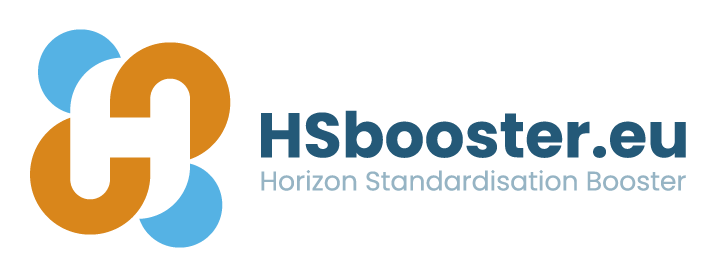Explained
Knowledge valorisation is the process of creating social and economic value from knowledge by linking different areas and sectors and transforming data, know-how and research results into sustainable products, services, solutions and knowledge-based policies that benefit society.
The EU knowledge valorisation policy covers both technological and non-technological innovative solutions that draw on existing research results and data to:
- exploit market opportunities;
- create new commercial uses;
- encourage spin offs and startups;
- deliver benefits to society through engagement of citizens and societal actors; and
- inform policy making to support better policies.
Action 7 “Upgrade EU guidance for a better knowledge valorisation” of the first ERA Policy Agenda (2022-2024) aimed at achieving a common line on measures and policy instruments for improving knowledge sharing and valorisation in Europe.
The key policy documents are the EU Guiding Principles for Knowledge Valorisation and the implementing codes of practice on intellectual assets management, standardisation, industry-academia co-creation and citizen engagement.
Horizon Europe plays a central role in supporting market and societal take-up of innovative results thanks to its pan-European approach and a broad set of instruments.
- Supporting industry-academia co-creation for knowledge valorisation: see for example projects INDUSAC and EU.FFICIENT;
- Supporting better policy making in different policy areas through testing and uptake of research results and knowledge: see for example project FUTURESILIENCE;
- Supporting increased interlinkages and cooperation between knowledge valorisation actors (academia/research, industry/SMEs; public administration/policy-makers and society/citizens), including through experimentation and replication of best practices: see for example projects CO-VALUE, KALEIDOS PROJECT, Project Beagle.
- Supporting citizen engagement for more effective knowledge valorisation: see for example the European citizens’ hackathon Championship for climate;
- Intellectual assets management: see for example projects ZOOOM, IMPAC3T-IP and the Impact Licensing Initiative.
Resources and tools
Knowledge Valorisation Platform
Connects players across Europe with the ambition to turn research results into sustainable products and solutions for the public good - be it economic or environmental benefits, social progress or improved policy making. Displays a repository of best practices and a list of articles about new topics or approaches in knowledge valorisation.
Mutual Learning Exercise on Knowledge Valorisation
Helped Member States and Associated Countries to improve their policies and public support for knowledge valorisation in line with the Guiding Principles Knowledge Valorisation.

The Standardisation Booster
HSbooster.eu aims to increase the impact of European standardisation resulting from Horizon 2020 and Horizon Europe projects by connecting project beneficiaries with standardisation experts. It includes a Standards Orientation Tool, aimed at design of informed standardisation strategies, and a Training Academy for beginners, intermediate and advanced users.
Booster
The Booster provides tailored services for EU-funded projects, free-of-charge, designed to boost the use and uptake of research results.
Fostering knowledge valorisation through the arts and cultural institutions
This study investigates the role that arts and cultural organisations can play in fostering knowledge valorisation for the benefit of society, and how the European knowledge valorisation policy can contribute to strengthening the impact of the arts and cultural organisations.
Fostering knowledge valorisation through citizen engagement
This report provides an analysis of citizen engagement for knowledge valorisation practices, drawing on 60 selected case studies from 37 countries, across the EU and internationally. The report describes the benefits of participatory processes and explores key elements for successful valorisation of knowledge and research results with the engagement of citizens.
European Standardisation Panel Survey
The European Standardisation Panel Survey aimed to generate a database whose analysis will help identify the industry’s demand for standards as potential results of R&I projects, contribute to the assessment of how EU R&I framework programmes address the standardisation needs of industry, and raise awareness of the importance of standardisation in general and its interface with R&I for industry.
Listen to stakeholders
